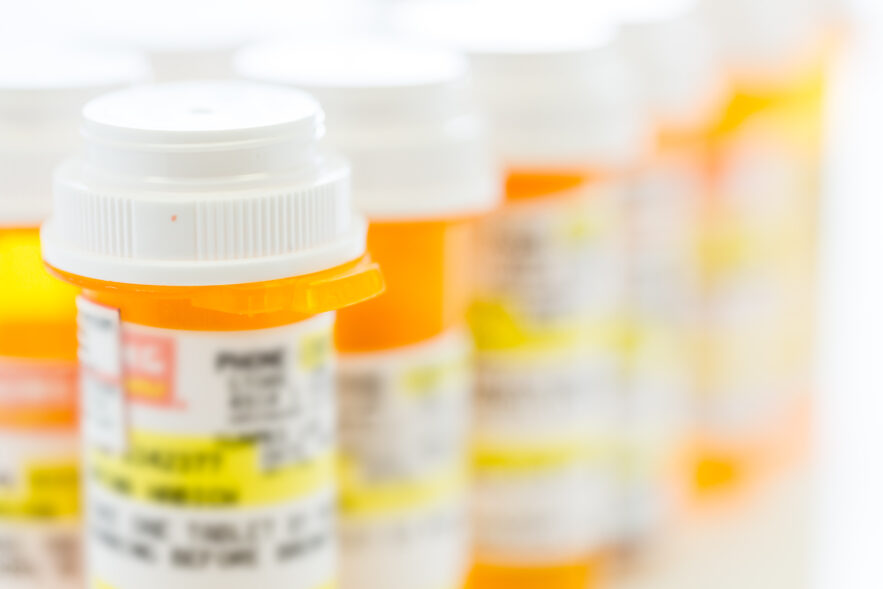Doctors Who Accept Gifts From Pharmaceutical Companies Prescribe More Drugs
Doctors who accept pharma gifts from pharmaceutical companies have a tendency to prescribe more drugs, especially ones that are more expensive. Data was collected from the Centers for Medicaid and Medicare Services and the DC Department of Health. Researchers analyzed prescriptions written by doctors in Washington and pharma gifts given to them by drug and medical device companies in 2013. About 39% of doctors received gifts from drug companies totaling $3.9 million. Doctors who received gifts had 2.3 more prescription claims per patient, were more likely to prescribe medications costing $50 more per claim, and prescribed 7.8% more branded drugs, compared to physicians who did not receive any pharma gifts. Regardless of the size, gifts accepted by doctors greatly influenced their prescribing behavior -– especially larger gifts. Posted October 25, 2017. Via PLOS.
Fentanyl Overdose Deaths Rise
Fentanyl, a potent painkiller, was associated with 56% of opioid-related deaths in 10 states during July-December 2016, according to the Centers for Disease Control and Prevention (CDC). Fentanyl analogs were present in 720 opioid overdose deaths, with the most common being carfentanil (389 deaths), furanylfentanyl (182) and acetylfentanyl (147). There were more than 60,000 drug overdose deaths in the US last year. And the CDC reports that deaths due to synthetic opioids such as fentanyl and its analogs were about 20,000 in 2016. In 2013, that figure was only around 3,100. Posted October 27, 2017. Via Morbidity and Mortality Weekly Report.
Side Effects of Lariam (Mefloquine)
People taking the anti-malaria drug Lariam (mefloquine) were more likely to have abnormal dreams, insomnia, anxiety and depressed mood than people who take other alternatives, according to 2 reviews published in the Cochrane Library. The reviews analyzed the safety of mefloquine for the prevention of malaria in travelers, and included more than 50 randomized and nonrandomized studies involving around 1 million people. This review compared mefloquine to alternatives also used to treat malaria, such as chloroquine and doxycycline. Posted October 30, 2017. Via Cochrane Library.






